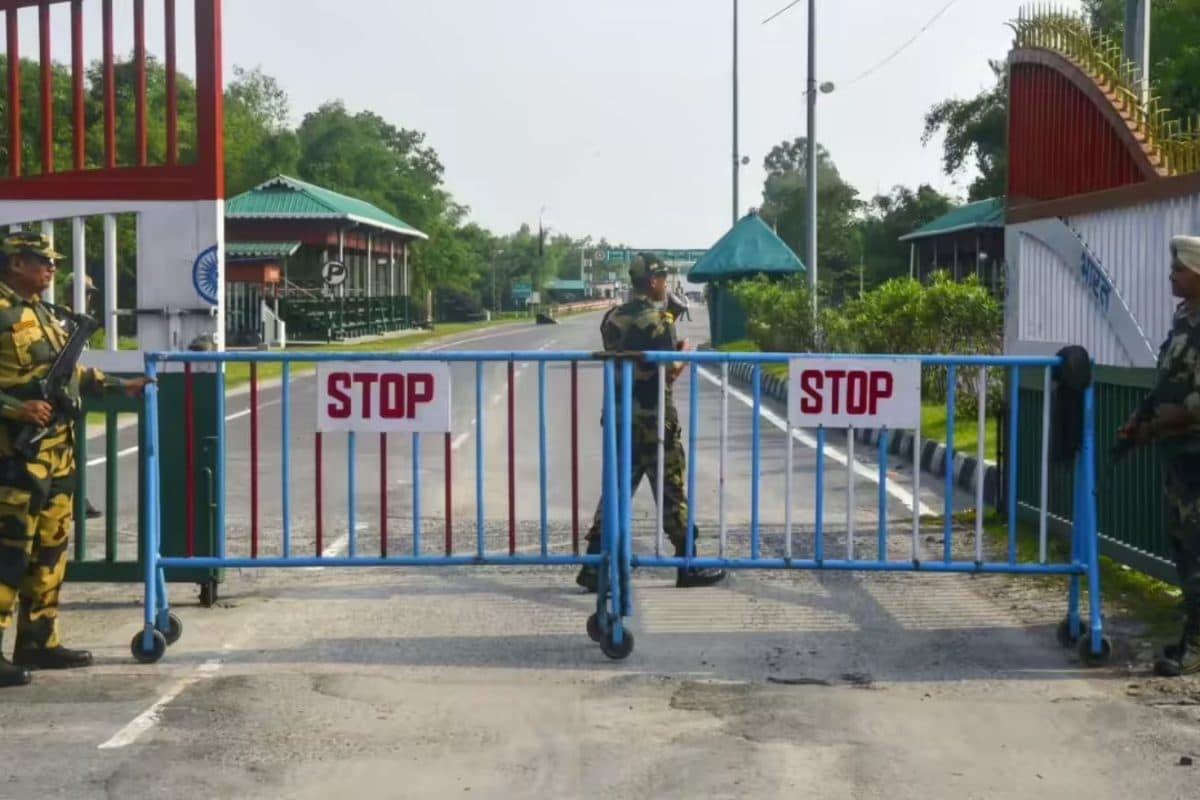

India has recently implemented restrictions on imports of several commodities from Bangladesh via land routes, a move that has the potential to disrupt bilateral trade and strain relations between the two countries. The new regulations, which took effect in recent months, block the import of goods such as jute, woven fabrics, and yarn through land ports, mandating that these items can only enter India through the seaports of Nhava Sheva (Mumbai) and Kolkata.
This decision impacts a significant portion of the trade between India and Bangladesh. While India is the largest jute producer overall, Bangladesh dominates in exports, accounting for a significant portion of global shipments. In 2023, Bangladesh was the leading exporter of Jute Woven Fabric with $92.2M, while India was the top importer with $97.8M.
The restrictions do not apply to Bangladesh exports destined for Nepal and Bhutan that transit through India. However, re-export of these goods is not allowed.
Several factors are believed to be driving India's decision. One key aspect appears to be the protection of domestic industries. By limiting imports of jute, woven fabrics, and yarn through land routes, India aims to safeguard its local spinning factories and cloth manufacturers from underpricing by Bangladeshi imports. This move could allow Indian textile mills that have struggled to compete with cheaper imports to operate at higher capacity levels, potentially preserving and creating jobs in the spinning, agriculture, and assembly line sectors.
This action follows Bangladesh's imposition of restrictions on yarn imports via land ports. Bangladesh's National Board of Revenue blocked yarn imports through several land ports to protect the domestic textile and spinning industry from Indian raw material imports. The Bangladesh Textile Mills Association had alleged that yarn importers were abusing land-port access to under-declare shipments, harming domestic textile mills.
The move has been viewed by some as a reciprocal response to Bangladesh's actions. Some Bangladeshi exporters believe that the move is retaliatory, noting that the shift to seaports will increase costs and affect timely delivery, particularly for small exporters.
The shift to sea routes is expected to increase freight costs and delivery times, potentially affecting the competitiveness of Bangladeshi exports in the Indian market. Despite these challenges, India remains a dominant supplier of yarn to Bangladesh, and Bangladeshi textile industries have turned to sea routes to maintain yarn supply from its neighboring country, as it struggled to find an alternative sourcing nation.
Beyond economic considerations, the state of India-Bangladesh relations appear to be a factor. There have been reports of strained ties following the ouster of former Prime Minister Sheikh Hasina, attacks on Indian diplomatic missions, and concerns raised by the Indian government over attacks on religious minorities in Bangladesh.
Analysts suggest that the trade restrictions could have broader implications for regional dynamics. India sees Bangladesh as a key buffer and partner in the Northeast, and any shift in Dhaka's foreign alignment could affect India's security, connectivity projects, and regional diplomacy.
Despite the current trade tensions, bilateral trade between India and Bangladesh remains substantial. In the financial year 2023-24, the total trade between the two countries stood at approximately USD 12.9 billion. India's exports to Bangladesh include cotton, petroleum products, engineering goods, and chemicals, while its imports from Bangladesh include apparel, textiles, jute goods, and aerospace parts.